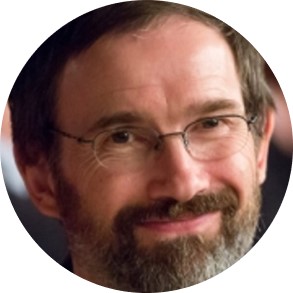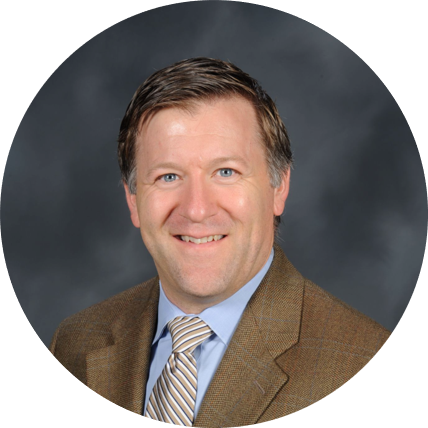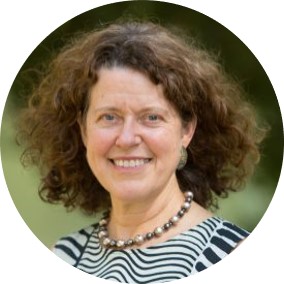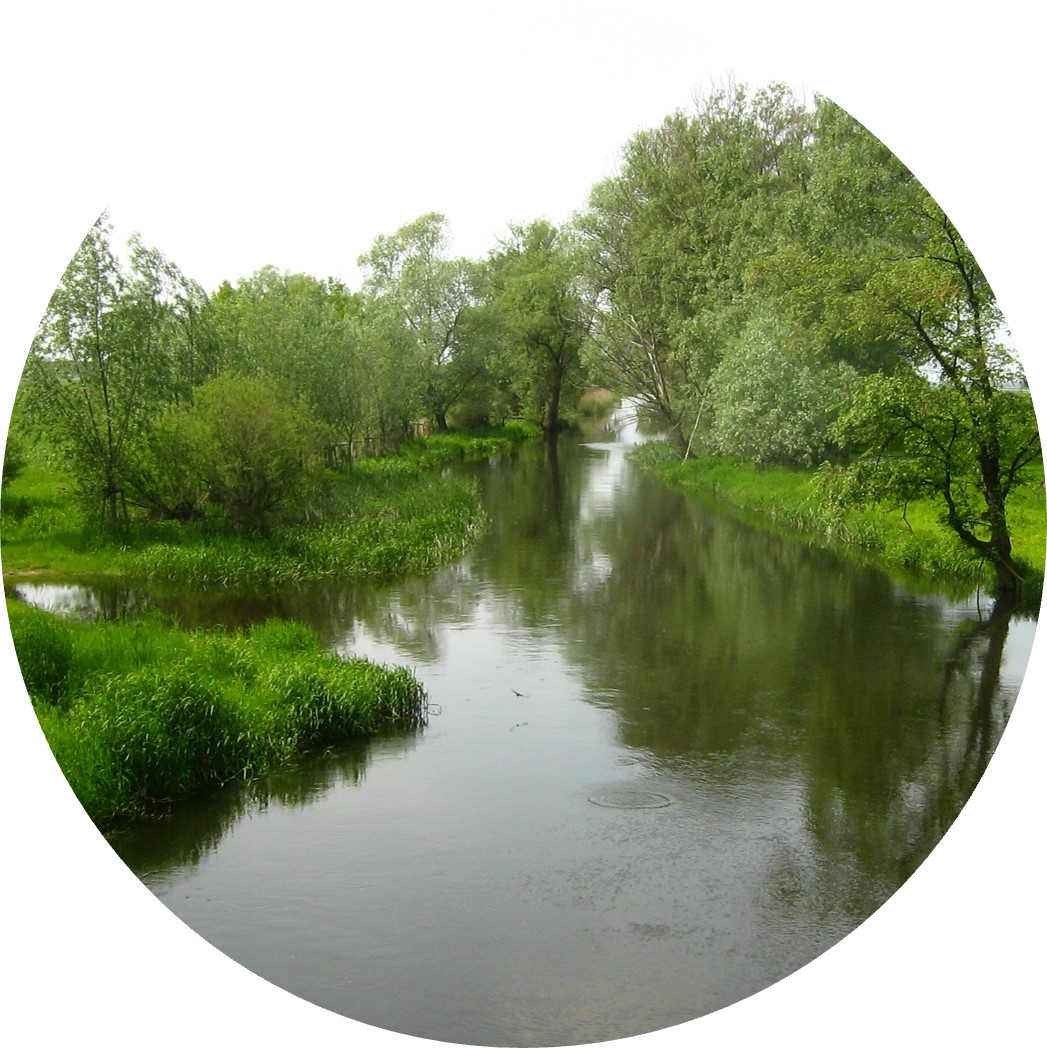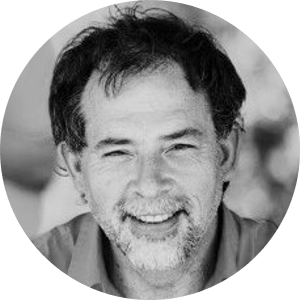Home > Seminars/Conferences > Seminars > Law & Economics of Nature > Law & Economics of Nature
Law & Economics of Nature
The Seminar Law & Economics of Nature seeks, within a context of environmental uncertainties, to address the theoretical transformations affecting both legal and economic disciplines. Legal norms prevailing over regimes of appropriation and natural resource management have evident welfarist (human and ecological) consequences. In addition, current discourses on common(ing) or legal personhood of natural entities can be understood through these terms. In this vein, the economy of the environment has long questioned the possibility of affixing values to non-market natural entities. Propelled by this question, the field oscillates between the classification of environmental resources as “natural capital” subjected to optimization and a defense of the intrinsic value of nature as incommesurable to other forms of capital.
The link between legal status and the measure nature’s (economic) value is held at the core of contemporary environmental issues today and therefore justifies a turn to “law and economics” of nature as a combined site for investigation. Legal and Economic approaches must be characterized by a subtle apprehension for relevant ecologic models, ranging from the value of biodiversity, to climate justice, and to the governance of oceans or rivers. Subsequently, this seminar assumes a transdisciplinary approach to law, economics and ecologic theory.
This seminar is co-organised by the CRED and CERSA laboratories of université Paris 2 Panthéon-Assas and the ECN Team (Environment : Concepts and Norms) of the Institut Jean Nicod at École normale supérieure.
Location : On zoom
Questions or comments : Please contact : lawandeconomicsofnature.seminar@gmail.com
Upcoming Sessions
Past Sessions
|
|
Karen Bradshaw (Arizona State University) “Wildlife as Property Owners” 25 mai 2022, 17h CEST / 11h EST (séminaire en anglais) |
Humankind coexists with every other living thing. People drink the same water, breathe the same air, and share the same land as other animals. Yet, property law reflects a general assumption that only people can own land. The effects of this presumption are disastrous for wildlife and humans alike. The alarm bells ringing about biodiversity loss are growing louder, and the possibility of mass extinction is real. Anthropocentric property is a key driver of biodiversity loss, a silent killer of species worldwide. But as law and sustainability scholar Karen Bradshaw shows, if excluding animals from a legal right to own land is causing their destruction, extending the legal right to own property to wildlife may prove its salvation. Wildlife as Property Owners advocates for folding animals into our existing system of property law, giving them the opportunity to own land just as humans do—to the betterment of all.
Karen Bradshaw is a Professor of Law and the Mary Sigler Fellow at Sandra Day O’Connor College of Law at Arizona State University. She is concurrently a Faculty Affiliate Scholar at the New York University School of Law Classical Liberal Institute and Senior Sustainability Scientist at the Global Institute of Sustainability at Arizona State University.
—
—
|
|
Marc Fleurbaey (PSE) "Social Welfare Analysis Beyond Anthropocentrism" April 14, 2022, 5:30 pm CEST / 11:30 am EST (seminar conducted in English) |
Classical social welfare analysis is focused on humans and considers non-human species only insofar as they contribute to human well-being. The philosophical foundations of this anthropocentric approach are however contestable : why should humans be the only source of value ? Intrinsic values of nature are increasingly being recognized in ecosystem assessments, but a framework to guide decision-making regarding trade-offs between these values remains elusive.
This presentation and subsequent discussion will focus on whether and how the main methods for social welfare analysis in economics can be extended to measure and compare well-being across species.
Marc Fleurbaey is an economist, professor at the Paris School of Economics (PSE), Director of Research at the CNRS, and Director of the CERES at the École Normale Supérieure in Paris. His research interests include social welfare analysis, social choice theory and climate economics.
—
—
|
|
Brendan Cunningham, Eastern Connecticut State University "The Kessler Syndrome : Risks, Consequences and Solutions" 24 March 2022, 17:30 CEST / 11:30 EST (seminar in English) |
Utilization of most resources involves the creation of pollution, and orbital space is no exception. Since the launch of Sputnik in 1957, governments and commercial interests have left an ever-increasing volume of debris that encircles Earth. Don Kessler was one of the earliest to point out that debris is potentially self-propagating : collisions in space create more debris which, in turn, create still more debris and collisions. Should collisional cascades accelerate uncontrollably, orbital space will be lost as a resource. In this presentation, we will explore the causes and consequences of the Kessler syndrome. We will also discuss solutions to the problem of orbital debris.
Brendan Cunningham is a professor of economics at Eastern Connecticut State University. He specializes in economic research pertaining to space, media and satellites. He is a leading expert on the pressing issue of space debris. His work has been supported by Eastern and the National Aeronautics and Space Administration (NASA).
The topics addressed in this presentation appear just after the announcement that the International Space Station will be sunk in the Point Nemo in 2031.
—
—
|
|
Cymie Payne, Rutgers University "Thinking biodiversity beyond national jurisdictions" 24 février 2022, 17h00 CEST / 11h00 EST, (séminaire en anglais) |
Cymie Payne is a lawyer focusing on international and environmental law, and teaches in the Department of Human Ecology at Rutgers University. Professor Payne has worked in the international law sector, and has notably appeared before the Seabed Disputes Chamber of the International Tribunal for the Law of the Sea, and is chair of the IUCN WCEL Oceans, Coasts and Coral Reefs Specialist Group. In this seminar, Professor Payne will discuss the Biodiversity Beyond National Jurisdictions (BBNJ) negotiations as a mechanism to reconsider our legal definition of "resources" in marine ecosystems and the role of Marine Genetic Resources (MGR) as a specific case study. This seminar aims to put into conversation principles of environmental integrity versus its utility, concepts at the core of the themes we explore in the "Law & Economics of Nature" seminar series.
The topics addressed in this presentation appear during the period of the One Ocean summit in Brest, and the United Nations negotiations on the Biodiversity Beyond National Jurisdictions (BBNJ) in March.
More information on Professor Cymie Payne
—
—
|
|
Atelier sur les communs transnationaux. La question de l’eau 20 January, 2022 - 10am-4pm Online |
- 9.45-10.30 am - Laurence Boisson de Chazournes, Professeure, Université de Genève - Introduction
- 10.30-11.30 am - Gabriel Bordron, Doctorant, Université Grenoble Alpes - Des droits pour les fleuves transfrontaliers ? La gouvernance du Gange en question
- 11.30 am-12.30 pm - Estelle Chambas, Doctorante, Université Panthéon-Assas - La Commission centrale pour la navigation du Rhin
Break / Lunch (12.30-2 pm)
- 2-3 pm - Nadia Seqat, Doctorante, Université Panthéon-Assas - Le droit à la participation à la gouvernance transnationale de l’eau
- 3-4 pm - Stéphanie Kpenou, Docteur en droit, Université de Genève/Université Paris 8 - La protection de l’accès à l’eau par le prisme des droits individuels, d’un côté, et par le prisme des droits collectifs de l’autre
—
—
|
|
Sénateur Dr. Guido Girardi "A Right to Water within the Chilean Constitutional Reform" 2 December 2021 - 4pm in Paris / 11am in Santiago |
The Chilean constitution and the Water Code in 1981 initiated the privatization of water resources. Since this time, Chile has continued to privatize water resource governance has remained, despite a democratic transition in the1990s. As a result, the state has conceded its ownership of water rights, for an unlimited amount of time and without restriction for the types of water use. These property rights become the objects of transfers, subsequently creating a market for water. Chilean water is therefore monopolized by mining and agricultural sectors, often to the detriment of a local population’s basic needs. As a part of the seminar "law and economics of nature", this session aims to help us better understand the mechanisms used to appropriate water, the impact of these strategies, and the role of a constitutional reform that would end the current private property regime. As one of the key actors inthis change, Senator Girardi-Lavin, will present this paradigmatic Chilean case of dynamics between institutional frameworks and the attrition or continuity of a natural resource.
—
—
|
|
|
Prof. Daniela Rivera Bravo (Faculty of Law) & Prof. Guillermo Donoso (Natural Resources Economics) - Pontifica Universida Catolica de Chile 9 December at 4pm |
Profs. Rivera Bravo and Donoso will comment on the main elements of the Chilean water system, especially the legal, institutional and management issues, including references to the legal modifications that are currently ongoing on this issue (mainly the Water Code reform) and the current constitutional process, in which water resources are having a relevant role. Professors Rivera Bravo and Donoso are part of the Water Law and Management Center of the Pontificia Universidad Católica de Chile.


